
Safferz
-
Content Count
3,188 -
Joined
-
Last visited
Posts posted by Safferz
-
-
Alpha Blondy;930025 wrote:i won't be swayed by your attempts to over intellectualise this discussion and further entice me into a trap that's inescapable. laakin, the facts remain harari's are NOT habeshi. thank you. Al.What facts have you presented here? But if you say so...
-
Alpha Blondy;930005 wrote:what are you talking about Saffz?Hararis are not habeshi. these people are descendants of muslim emigrants to Abyssinia.Why do you consider Habesha and Muslim mutually exclusive?
Xaaji Xunjuf;930012 wrote:First of all these are linguistic branches u are talking about, there are Somali clans with in the harari ethnic group and Somalis ruled harar the hararis have afar in them turks Arabs Somali clans oromo clans.Amharic language is Semitic grammatically but heavily cushitic, even though i do not like to use those terminologies because they were introduced by European anthropologists. There is no cushitic origin or ethnicity in the conext of ethnic origin. These terms were used by those Europeans to divide Africans in branches oromos afars sahos agaws are not descendants of King kush there is no genetic proof for that. The oromos some think they are Amahra and want to be like them some in the south in jima and orma and omo oromos just act like their nilotic cousins. Oromos played a significant role in subjugating themselves Oromos fought for Menelik they were his closest allies. Somalis when the Abyssinians invaded Somali galbeed there were no Somali nomads fighting for menelik. Somalis are nothing like oromos , the gallas are submissive people and have no quality but there are to many of them they can be a threat to our region.Sorry, but there's nothing factual, historical or even sensical about this comment, it's just convoluted thinking and a racist diatribe masquerading as argument. You sound like an Ethiopian.
-
Xaaji Xunjuf;929984 wrote:Carafaat oromos have nothing to do with Somalis , oromos are Ethiopians they are not closer to us than their Habashi cousins , the only oromos that have some sort closeness are the arsi oromos and we brought them islam. Somalis are closer to the Rendile and Afars and Hararis.They are indeed the majority ethnic group in Ethiopia today, but only because of Ethiopian conquest and subjugation (like the Somalis in the eastern part of Ethiopia). Hararis on the other hand are Habesha - Semitic speakers like the Tigray/Tingrinya and Amhara - so why do you believe they are closer to Somalis than the Oromo? The Oromo are a Cushitic people like the Somali.
-
Alpha, how about answering some of my questions first, instead of responding with more questions? You haven't actually said anything here to defend your critique when a few of us have pressed you on it. You're the one who raised the example of the Elgin Marbles, why don't you explain why you did and what relevance that has to the discussion at hand (Sada Mire and the preservation of Somali material culture)?
-
Listen to Dur Dur Band here: http://pitchfork.com/reviews/albums/17612-dur-dur-band-vol-5/
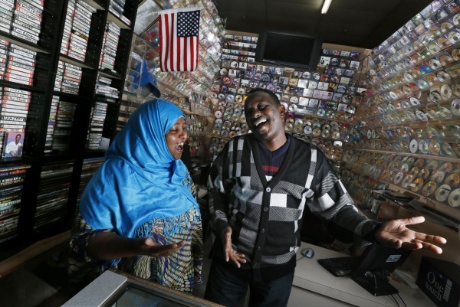
Dur-Dur Band members Sahra Dawo and her husband, Abdinur Daljir, at their Global Mall shop in Columbus
By Kevin Joy
The Columbus Dispatch Saturday March 23, 2013 10:08 AM
In recent weeks, Columbus-based, Somali-born musician Abdinur Daljir has drawn press accolades more commonly bestowed on American rock stars.
Pitchfork, a picky and powerful music website, called his global pop “a superb glimpse of what was” and touted “synth lines and accent percussion that would sound at home on Phil Collins’ No Jacket Required.”
The Chicago Reader alternative weekly deemed his jubilant melodies “too good to ignore.”
And a Daljir song was named a “track of the week” in the culture pages of The Guardian in London.
Never mind that the 25-year-old material is mildly distorted from a lifetime on a warped cassette and sung in a foreign tongue.
Thanks to an unlikely listener, the vintage fare has found a new platform.
“It doesn’t surprise me,” Daljir said between sips of lentil soup over lunch at African Paradise, a North Side restaurant serving the cuisine of his native Somalia.
“I used to be popular.”
His group, Dur-Dur Band, thrived in late-1980s Mogadishu — a time when, despite communist rule, the ocean-side capital bustled with art, music and literature.
Dur-Dur Band, Daljir said, means stream — “a stream of music, a stream of wisdom, a stream of lyrics; melodious voice.” It also reflects the title of a lengthy Somali poem.
Although most other musicians of the period spread politicized content as government employees, his crew maintained its independence — as “a bunch of young people who said, ‘Let’s form our own band.’ ”
They sang of “love and affection,” he said.
At its peak, the ensemble boasted 12 members — including Daljir’s wife, singer-pianist Sahra Dawo — and traveled to festivals in Ethiopia, the United Arab Emirates and Yemen.
As their country fell into chaos in 1991 amid a civil war — in 1993, it was the site of a deadly U.S. military intervention, depicted in the film Black Hawk Down — Dur-Dur players fled to Ethiopia before scattering. Two have since died.
Daljir and his wife had intended to return to a peaceful Somalia, but “We spent 12 years waiting for that,” he said.
Both immigrated in 2004 to join relatives in Columbus, where they operate a music store in the North Side international marketplace known as Global Mall.
Somalis in central Ohio are aware of Dur-Dur Band’s one-time celebrity.“Back in the day, they were as big as Michael Jackson,” said a barber who has a shop in the same complex.
The couple still performs occasionally but not in the grand hotels and soccer stadiums of the past. Music fuels a hobby, not a paycheck.
A big boost came recently from Brian Shimkovitz, a Chicago native who, during Fulbright studies a decade ago in Ghana, took a shine to foreign sounds. Many of them — Daljir’s work included — had been relegated to castoff cassettes.
That led to Awesome Tapes From Africa, a label and blog that Shimkovitz, 32, runs from Berlin.
On Tuesday, the label rereleased the 1987 Dur-Dur Band effort, Vol. 5, on iTunes and Amazon. com. True to the album’s humble origins, a limited-edition cassette is also available.
“This just seemed really funky and really interesting,” said Shimkovitz, who once worked for a New York publicity company that includes Bjork and the Black Keys among its clients.“I want to see these artists have a chance to tour and build their audiences.”
But finding Daljir wasn’t easy.
Shimkovitz scoured the Web to find journalists and Somalis connected to the musician, who seemed to have dropped off the radar. The search ended with Jibril Mohamed in central Ohio.
Mohamed, an Ohio State University lecturer and the leader of the Somali Community Access Network in Columbus, didn’t know Daljir but was familiar with him and the group.
“Their music has stayed alive,” said Mohamed, who helped the parties connect.
Shimkovitz and Daljir will split 50-50 any Dur-Dur Band sales.
From Paul Simon’s Grammy-winning Graceland and the indie jangle of Vampire Weekend to Somali-born hip-hop songwriter K’N aan, African sounds have experienced successful crossovers. And, with the Internet broadening tastes, Shimkovitz sees potential.
“People are going farther and farther from the typical pop music,” he said.
Daljir, who declined to give his age, is planning more original material and a Dur-Dur Band reunion concert, to take place in May in London.
Also bolstering his spirits is the situation in his homeland: “the most promising time,” he called it.
In January, the United States formally recognized the Somali government — for the first time in more than two decades — because of the newly elected president and parliament.
Combined with potential new gigs, Daljir thinks the moment is prime for an encore.
“The goal of us being in music was to take Somali music to the global level,” he said. “The fact that it’s being recognized and it’s moving up the chain, that’s a very encouraging sign that we have done something good.”
-
Alpha Blondy;929829 wrote:Safferz,are you familiar with the Elgin Marbles?Yes, but how is that comparable to Sada Mire? She is a Somali who is facing immense challenges trying to preserve material culture in a resource poor and conflict/post-conflict context. She emphasizes local knowledge and protection of local sites, but if for some reason certain artifacts risk destruction and deterioration in Somalia, why is it a problem if she sends them to Europe for preservation?
*Ibtisam;929877 wrote:I wonder what become of this project? I know she took sometime off to have her baby and then I never heard anything else back. It was a good initiative. We need Somali archives not just for arts- so much history lost. I feel sad every time I see 90 something year old person passing away with all their experience, memories and knowledge. Truly depressing.We HAD Somali national archives, and I've been trying to figure out whether anything remains there in Mogadishu and what happened to local and regional archive offices. Indiana University has a significant collection of Siad Barre era materials (especially political posters, audio recordings, and Somali language books/publications), and I've managed to collect some stuff from people's personal collections. I remember asking an elderly man what happened to district level documents from British Somaliland (dispatches to London and major documents can be found in the UK, but most African countries today have kept the local/regional documents in their own archives) and he told me the first Somali governor of northern Somalia burned EVERYTHING after independence because he associated it with colonialism. I wonder if the dictatorship's documents were similarly destroyed during the civil war

-
How is she a self-hater? Or a pseudo-intellectual? She's dedicated her career to the identification, study and preservation of Somali archaeological sites and artifacts. It was her initiative to create a ministry of antiquities in Somaliland for the protection of these sites. And if artifacts risk theft, desecration and neglect in Somalia, what's wrong with an institution outside of Somalia with better expertise and resources preserving artifacts for us until we develop our own institutions to protect them?
-
-
Che -Guevara;929219 wrote:Dear Juxa, we welcome Safferz with open arms even though she already diss our beloved Beantown.I said Boston is fantastic! But just that Toronto is better

I took my parents to Roxbury today, and we visited the mosque (first time I've heard the adhaan outside on the street in a Western country!) and had lunch at a nearby Somali restaurant called Ashur. The staff there recognized us instantly as ghareeb, and decided our meal was on the house

-
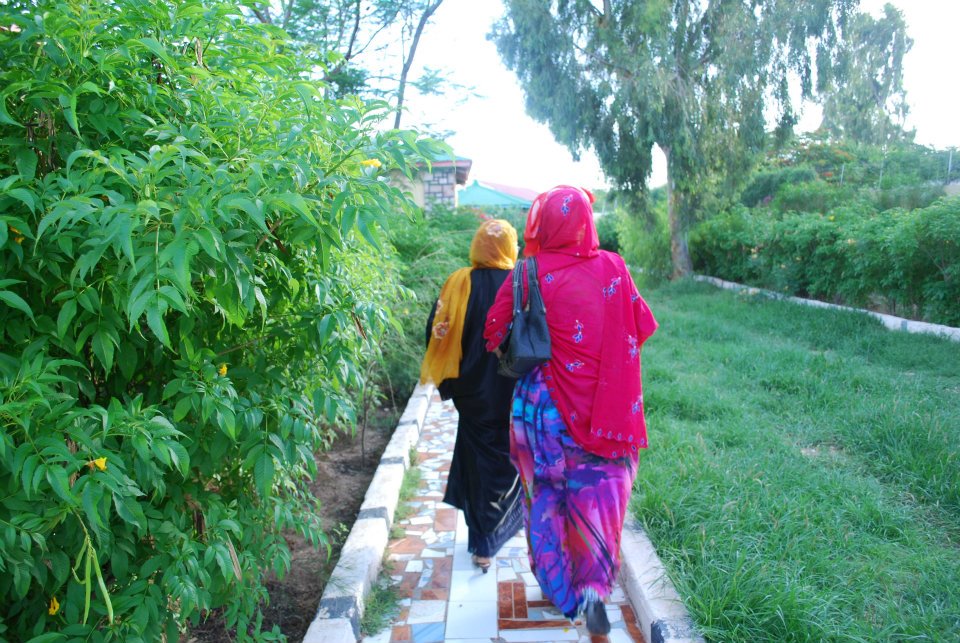
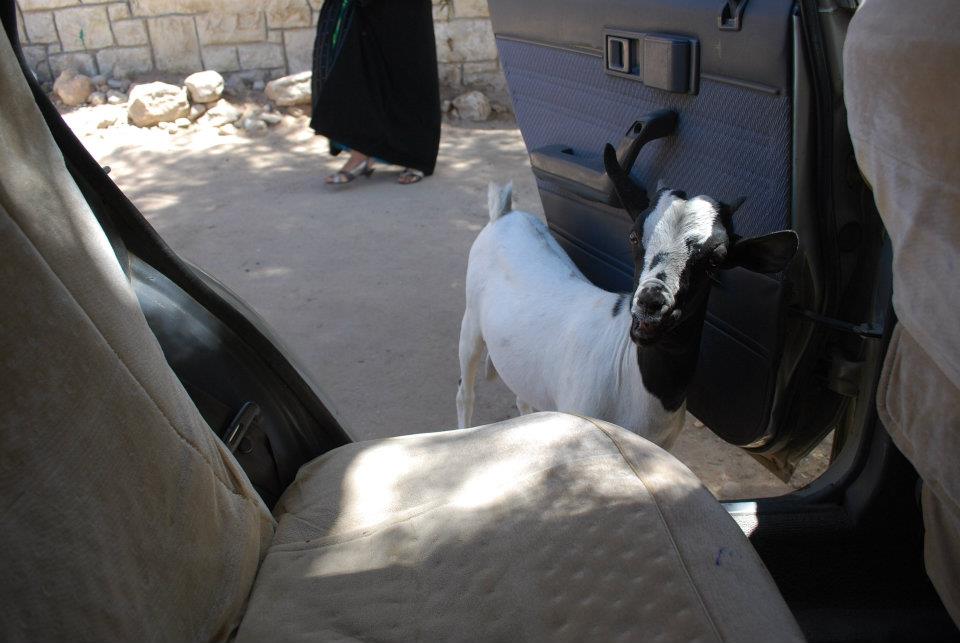
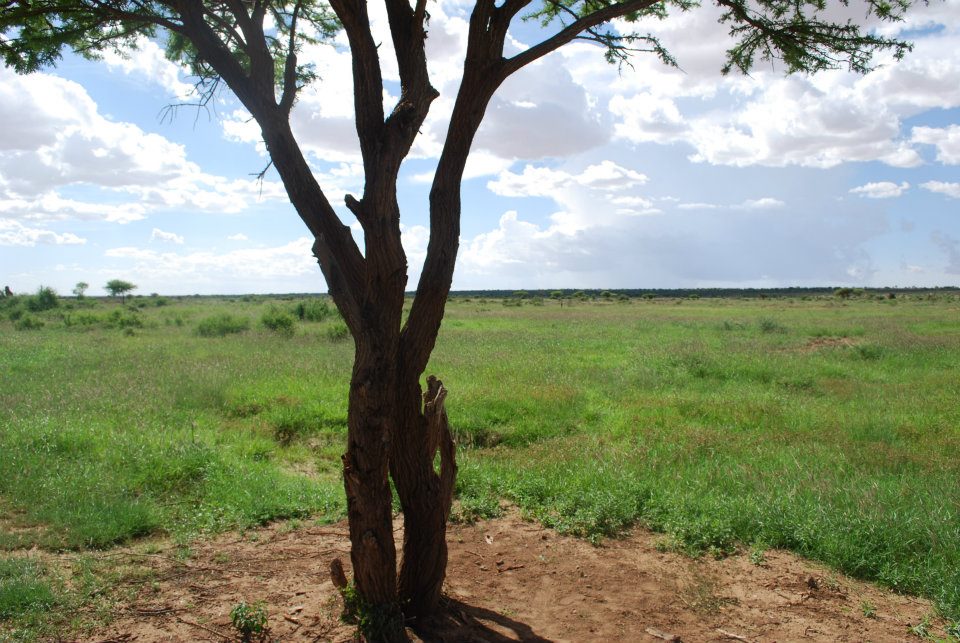
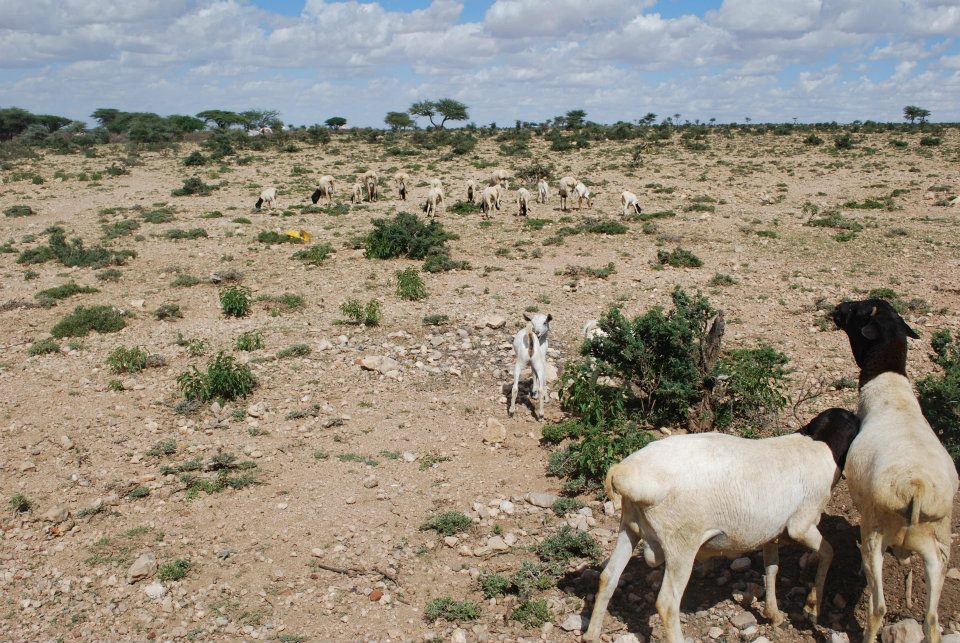
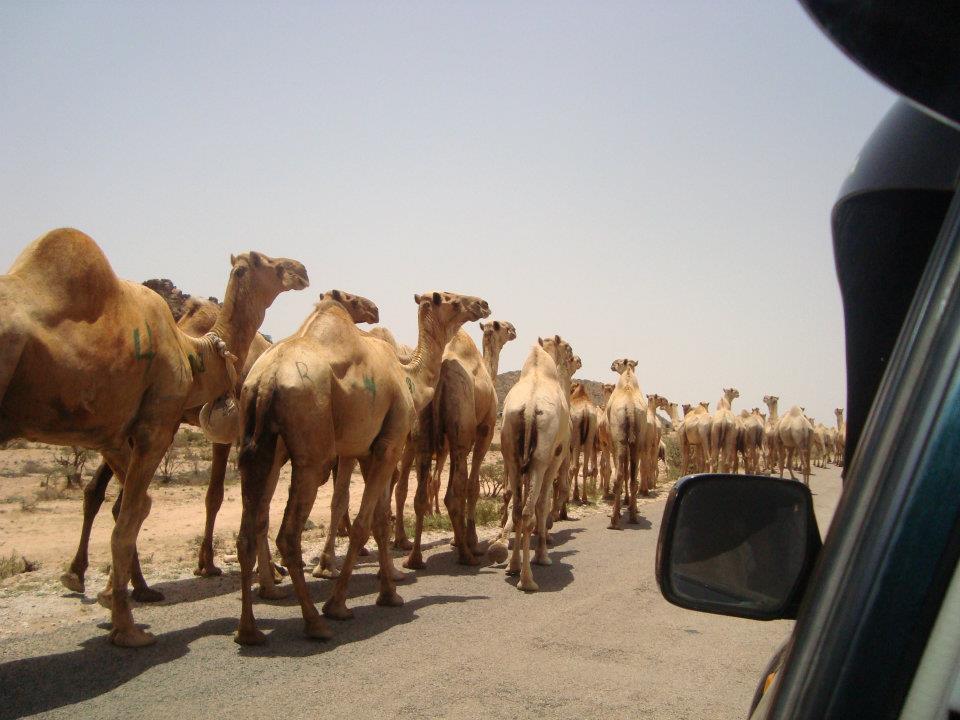
Red Sea
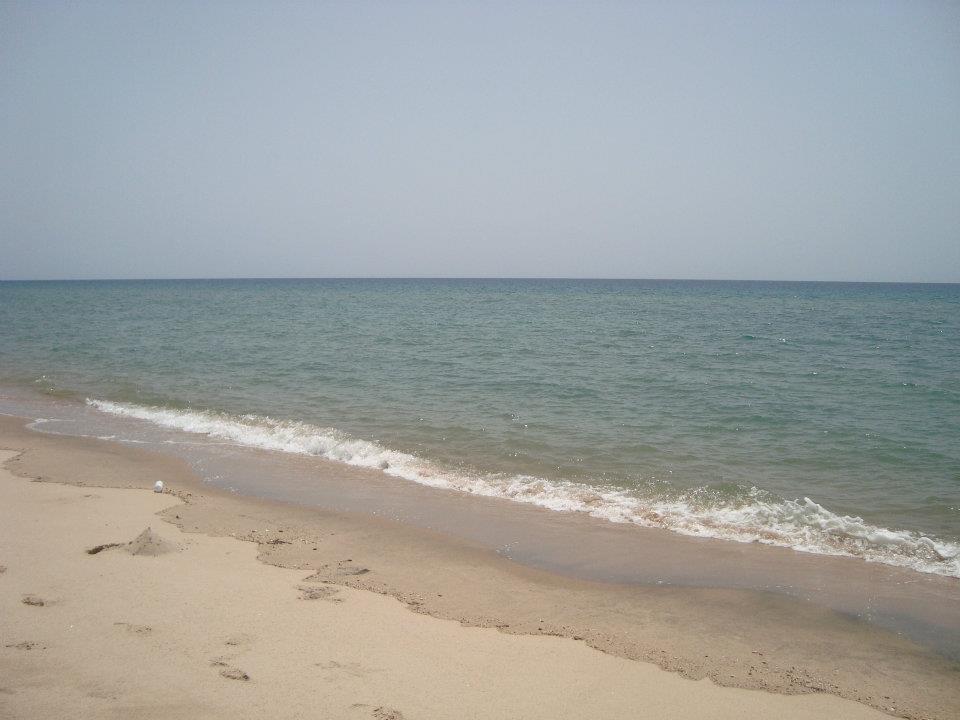
Las Geel (neolithic cave paintings)
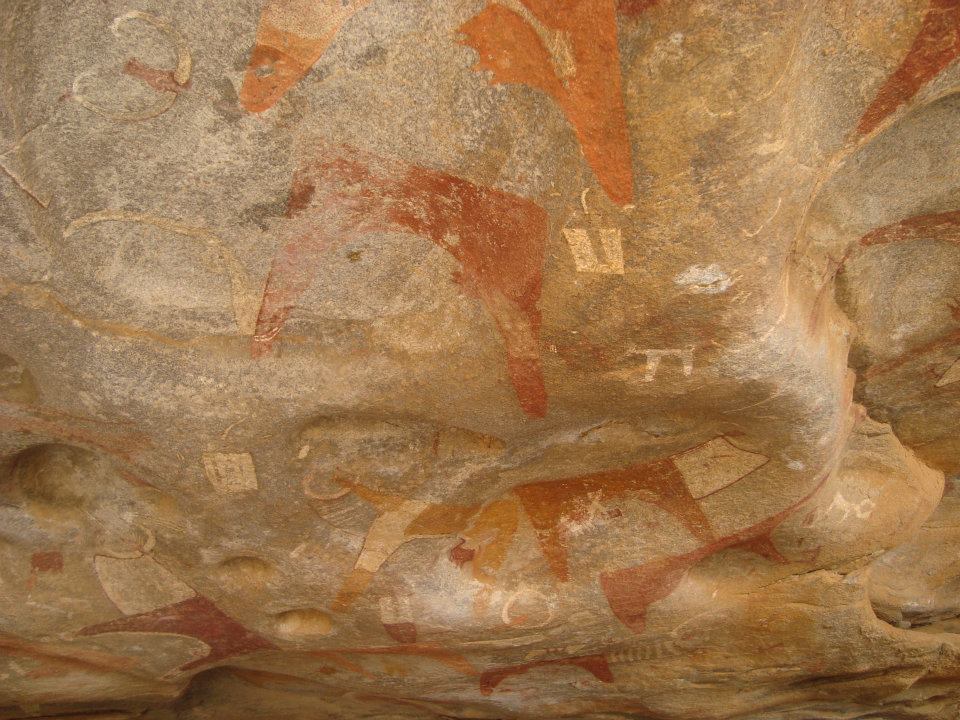
-
Some photos I took in Hargeisa and Berbera in May/June 2012
Hargeisa airport
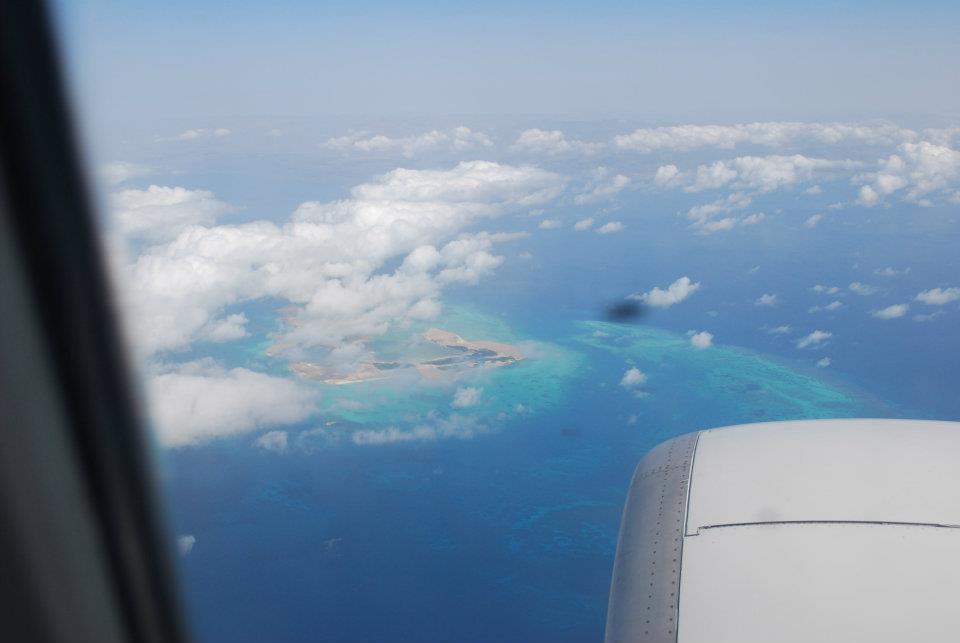
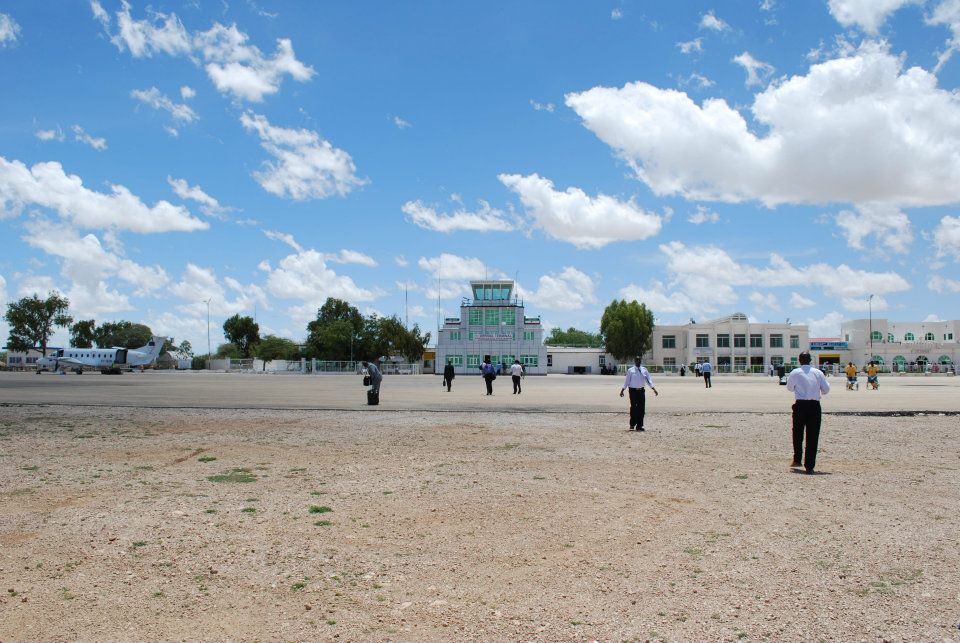
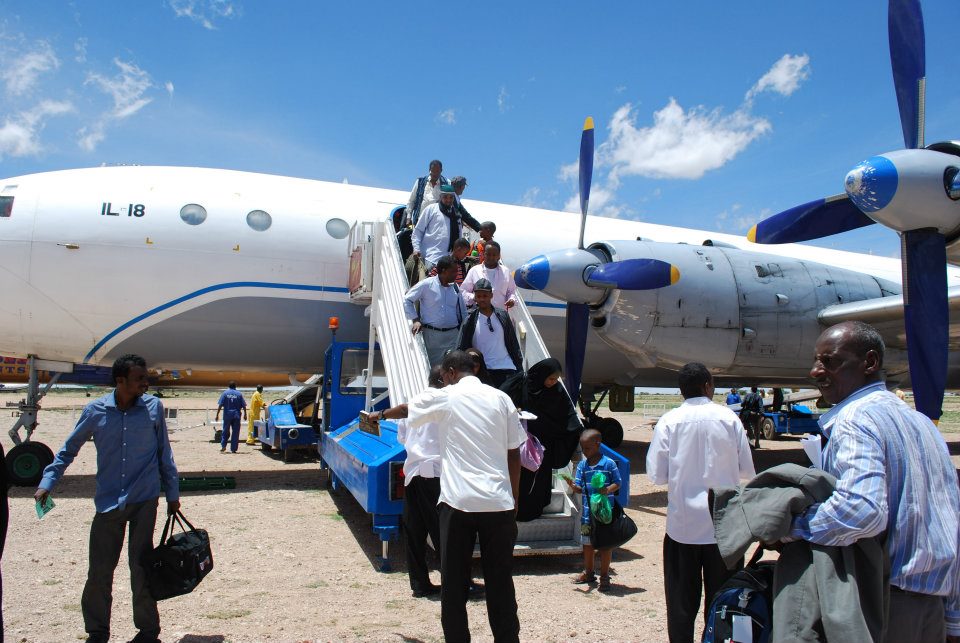
racks on racks
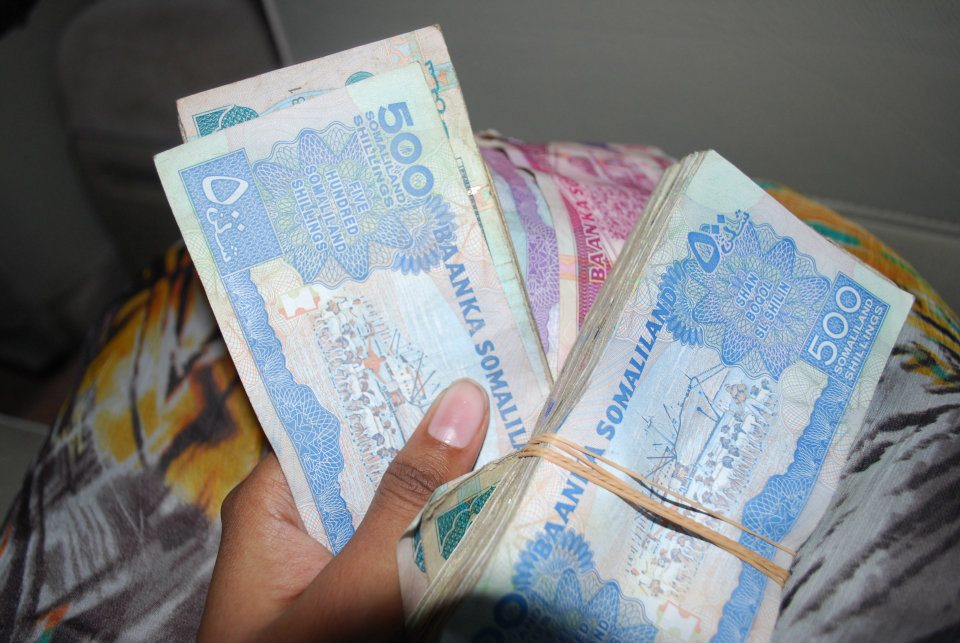
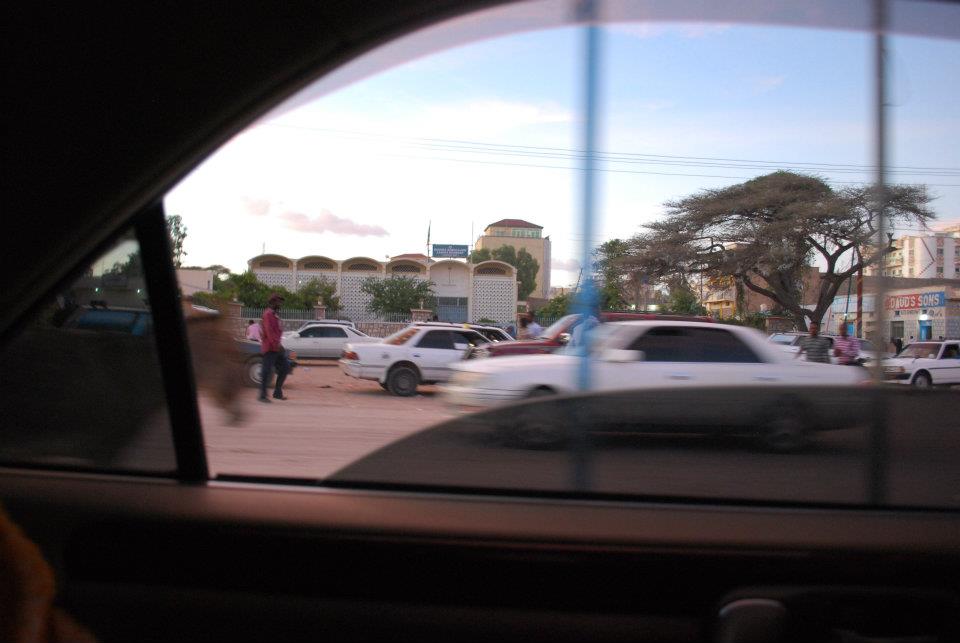
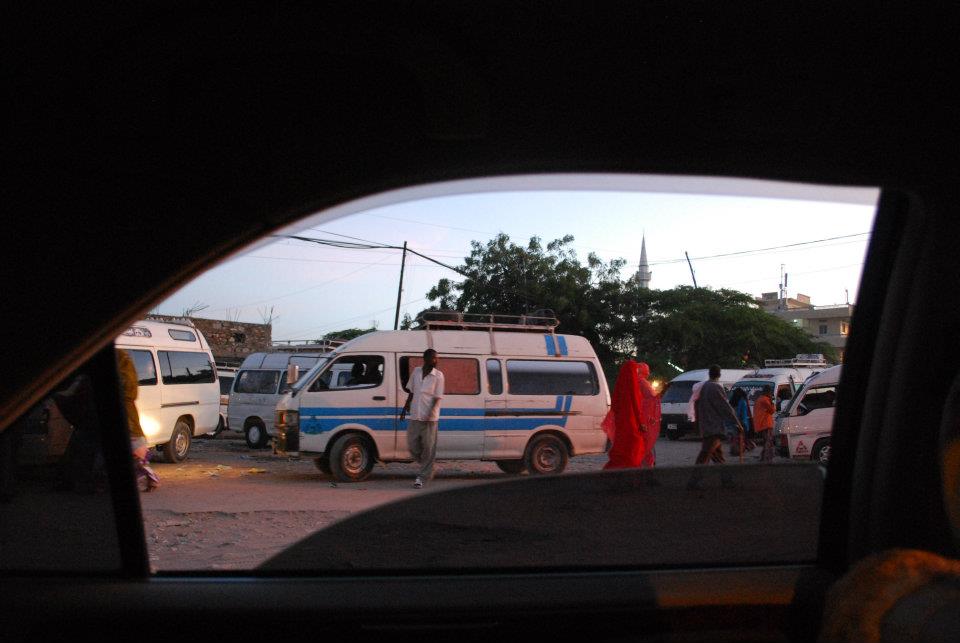
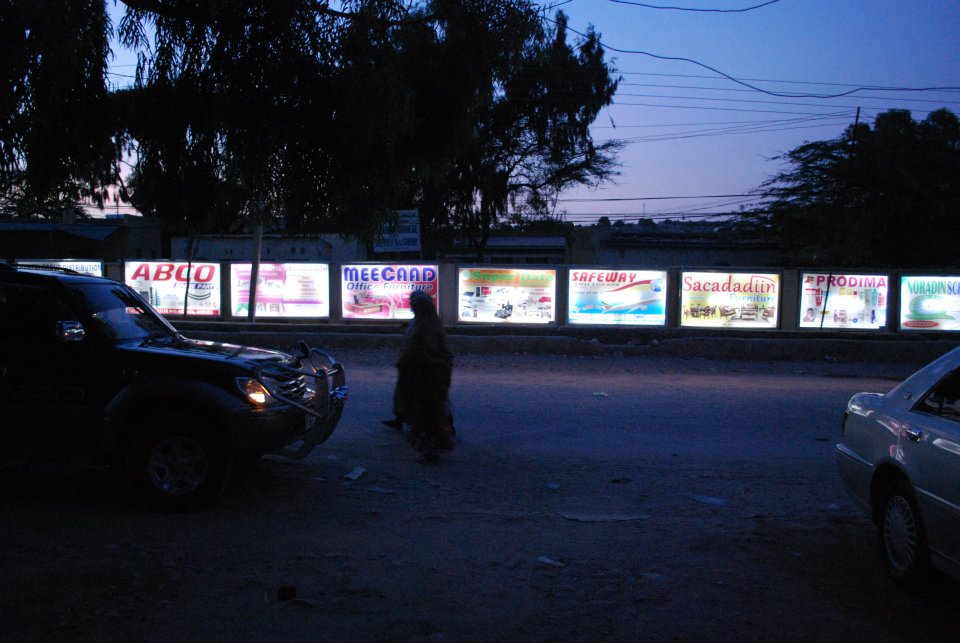
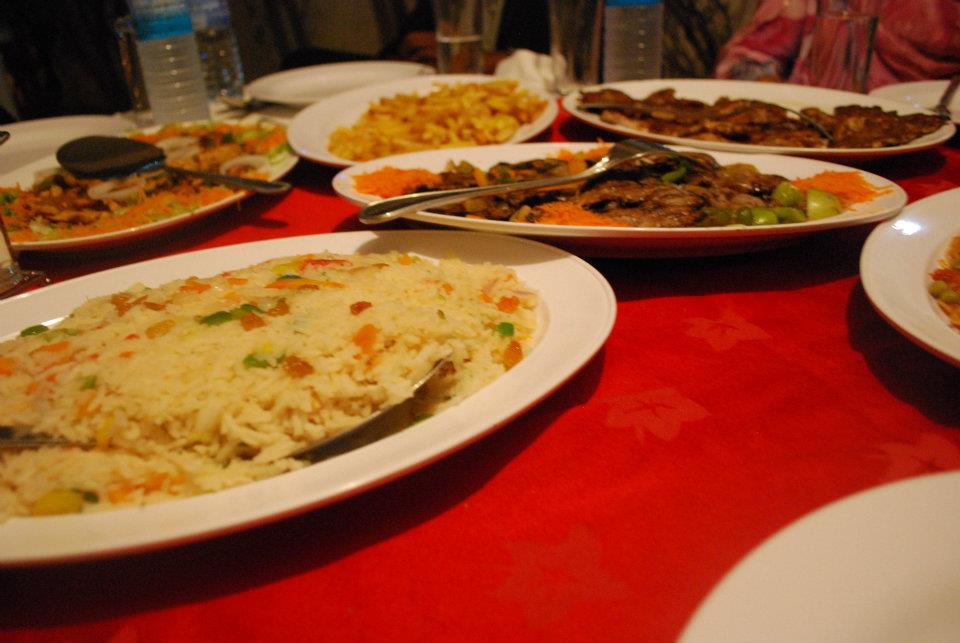
ayeyo's house
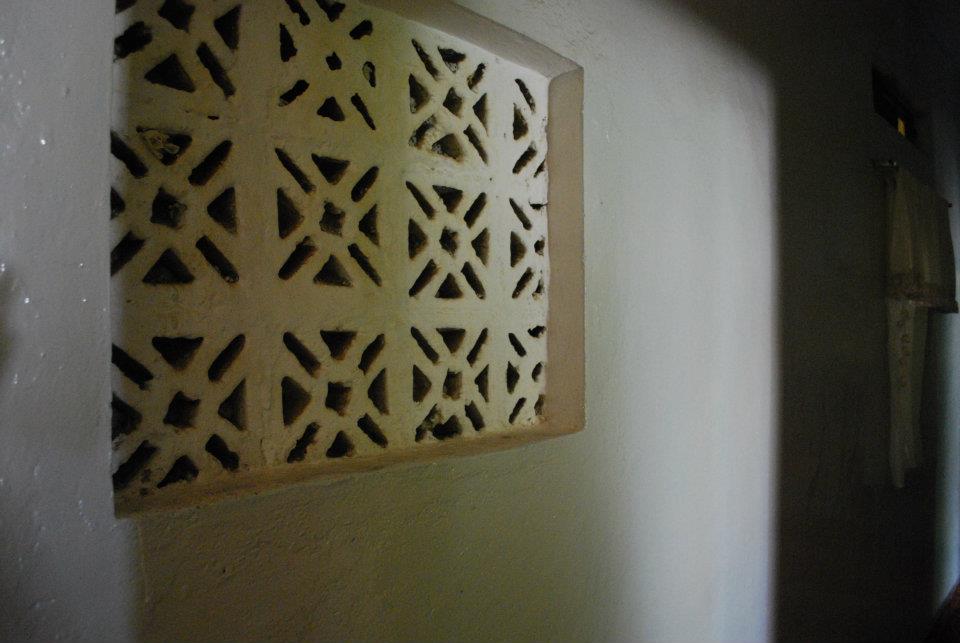
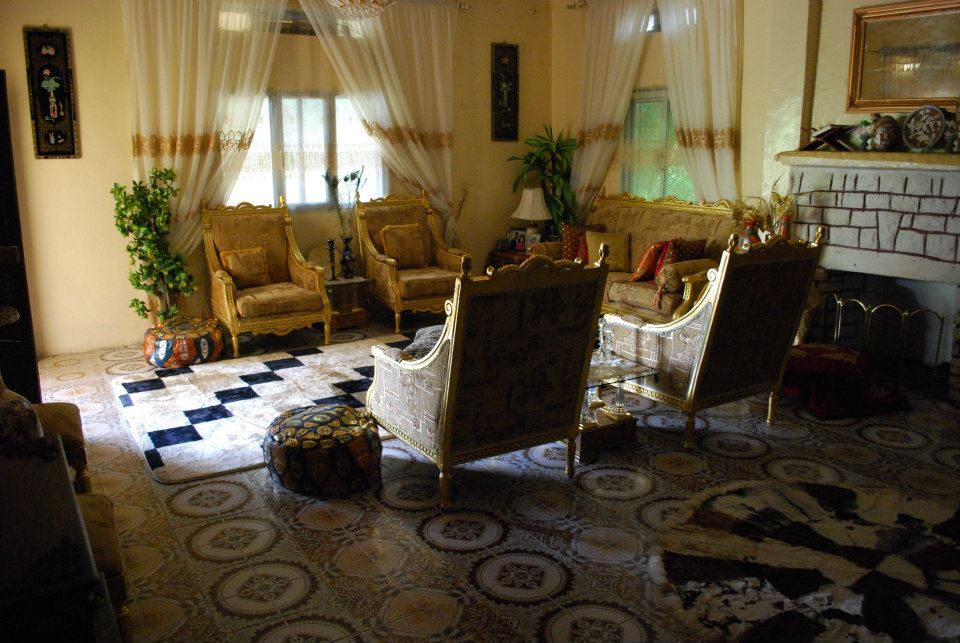
-
-
Alpha Blondy;927613 wrote:i've all of a sudden become interested in Boston. thanks for starting the thread sufferz.based on the info provided it doesn't seem all that bad, inaar. its now 3rd on my list of potential US cities....i'd like to move to in 2014 summer. 1st is ATL and 2nd is Salt Lake City.AMERICA, inaar.......i'm COMING. i hope y'all are ready for Al.
thanks for starting the thread sufferz.based on the info provided it doesn't seem all that bad, inaar. its now 3rd on my list of potential US cities....i'd like to move to in 2014 summer. 1st is ATL and 2nd is Salt Lake City.AMERICA, inaar.......i'm COMING. i hope y'all are ready for Al.
Boston is fantastic, but it doesn't come close to Toronto
 Why would you want to live in Salt Lake City? Do they even have black people there?
Why would you want to live in Salt Lake City? Do they even have black people there? -
-
I think Somalicentric knows the city better than I do

-
Somalicentric;927548 wrote:Safferz--- Felt the same way every time i visit that place... went to the "Somali Mall" a few times to purchase something for my mother.That's about the closest i have ever gotten to them lol Good luck, I'll be contacting you when i start grad school there lol
lolFor sure
 I think the occasional visit to the "Somali mall," mosque or even a hilib xalal shop for groceries would be nice, it can definitely feel isolating to be away from family and community. One of the reasons I decided to go to graduate school here was in part because I knew Boston had a Somali population, unlike the other schools/cities I was considering.
I think the occasional visit to the "Somali mall," mosque or even a hilib xalal shop for groceries would be nice, it can definitely feel isolating to be away from family and community. One of the reasons I decided to go to graduate school here was in part because I knew Boston had a Somali population, unlike the other schools/cities I was considering.Thanks again Che, I'll send you a PM now!
-
Thanks so much, Che! I'd love to hear more about the students/professionals group, so please do put me in touch. In the meantime I'll check out the Roxbury mosque, my parents are in town right now so I think it would be a great time to visit the area.
-
Alpha Blondy;927284 wrote:somalis are as rare as leprechauns missing in Irish fairytales to live in Boston. madex sare che is a special case altogether and you, my friend, are a CIA mole hoping to extract information on innocent Somalis, that'll lead to quick arrests. isku xishood malayacniyaho.p.s - che, inaar improve your privacy settings on facebook. iska jiir inaar wa khaatar eh.
Very funny
 I'm no spy, I'm just a Somali girl from Toronto studying here (the only Somali at this particular school, it seems). I was under the impression that Boston has a significant Somali population, so I was hoping for more info on where I can find the community, since I rarely venture outside of my immediate area.
I'm no spy, I'm just a Somali girl from Toronto studying here (the only Somali at this particular school, it seems). I was under the impression that Boston has a significant Somali population, so I was hoping for more info on where I can find the community, since I rarely venture outside of my immediate area. -
Transplanted here last year and on my own, so I'd like to find the community in my new-ish city. Neighbourhoods, restaurants, hilib xalal shops, community centres, etc... give me the rundown! Are there any Somali Students' Associations at Boston-area universities that are active? Thanks

-
Indeed

-
Somalia;925085 wrote:
My mom survived the 1970 crash as a teenager... she jumped the length of the plane (it crashed nose down) with her baby nephew in her arms. I think they were the only children on the flight to survive.
-
Lived in the Netherlands and Canada, now living in the US. Visited Somalia, Ethiopia, Djibouti, UAE, France and the UK. Will be in Italy and Ghana in the next few months

-
Xaaji Xunjuf;907852 wrote:It also existed prior to colonialismMaakhir sultanateMaguartania sultanateA.Juraan SultanateThe House of Guled sultanateI didn't say clan (as a form of kinship and social organization) didn't exist prior to colonialism, of course it did. I said tribalism and politicized clan identity is a modern phenomenon.
-
QansaxMeygaag;907520 wrote:Your core identity is that which you can't change (Somali I'd say, try going to a river and washing it out...); you can change religion and with modern technology even sex. Identity is very complex and difficult to reduce it to an either/or argument...Don't be so sure about clan identity; it can be changed. There are many sub-clans who have moved from their ancestral lands and moved into other areas and adopted other clans as their new identity. in my own clan, there are some sections known to have undergone such a transformation (both in-migrants and out-migrants). They are accepted and no one holds that against them...Well said. It's also troubling to see the belief that clan (as it is understood today) has been a timeless feature of Somali society, when it's quite clear that historically we've seen a transformation from fluid kinship networks to politicized tribe/tribalism, beginning in the colonial era and crystallized under the post-independence governments. Tribalism is MODERN. To speak to the OP's point, I think one can argue that clan identity only became preeminent after the Civil War -- with the collapse of the dictatorship (one that actively exploited clan difference despite presenting itself as nationalist, I should add) and in turn the philosophical principle of citizen and nation, everyday Somalis sought refuge in the most basic political unit in Somali society, the clan.

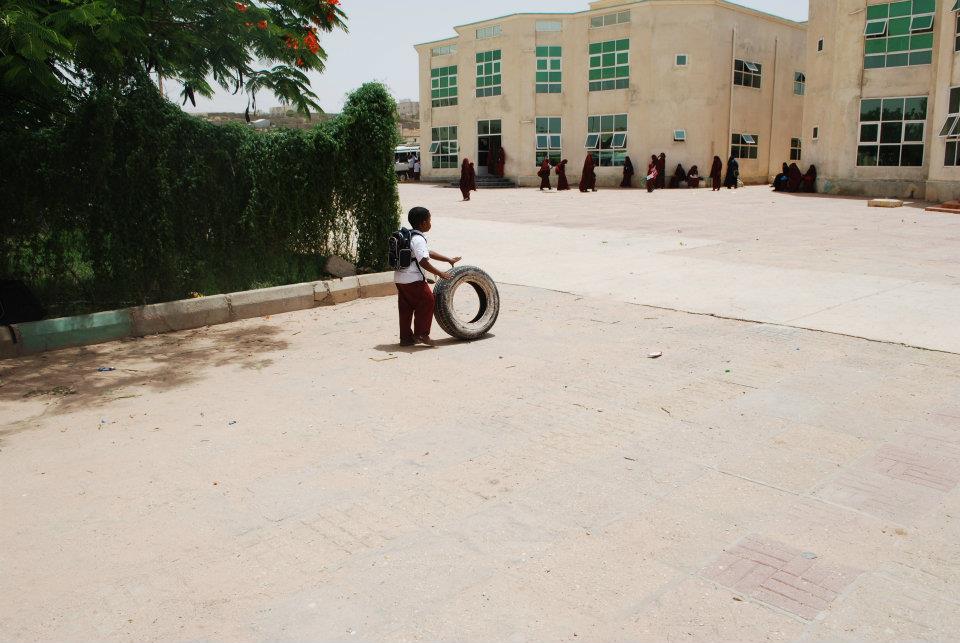

Our closest kin, our brothers: The Oromo.
in General
Posted
Sure, and likewise the British had an entirely Somali force called the Somaliland Camel Corps whose job it was to plunder Somali villages and expand British rule. Colonialism (Ethiopian as well as European) could not have been sustained in Africa without coopting indigenous leadership and institutions, and Somalia was no different. The British called their system "indirect rule," and if you look at the numbers of whites vs. Africans, it's clear they could not have ruled us without some Somalis helping them. Who do you think made up the forces that fought Sayyid Mohamed? Do we not still have Somalis today who rub shoulders with Western powers for their own gain, to the detriment of the majority?
I'm only bringing this up because I fail to see your point here, and the vitriol you're directing towards the Oromo can be applied to us as well. When you say they are a "submissive people who have no quality," a threat because of their numbers, etc you sound EXACTLY like the people who conquered them and the language they used to justify it, and I say this as someone who has read many Ethiopian writings about the Oromo and Somali.